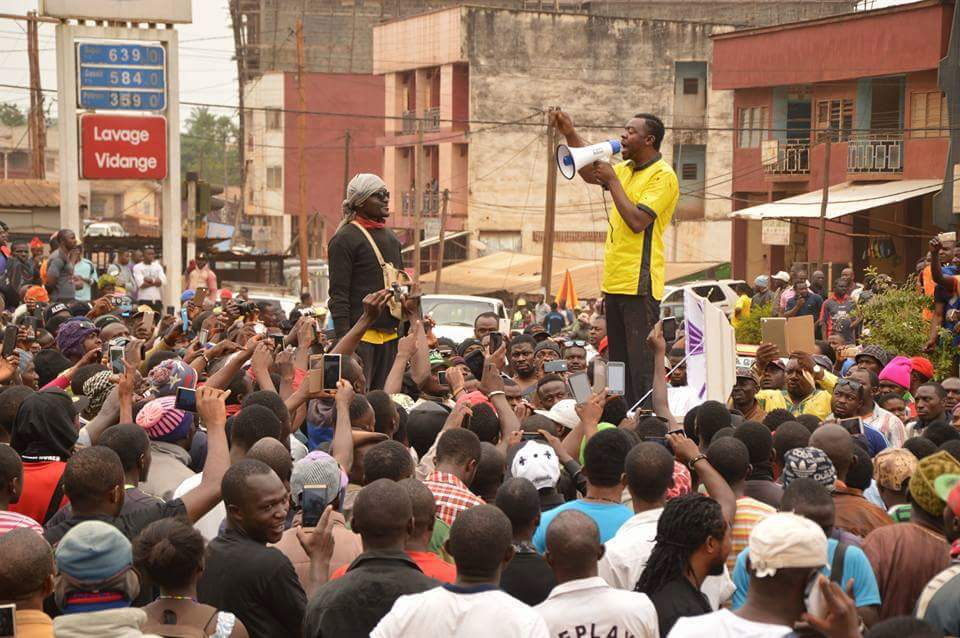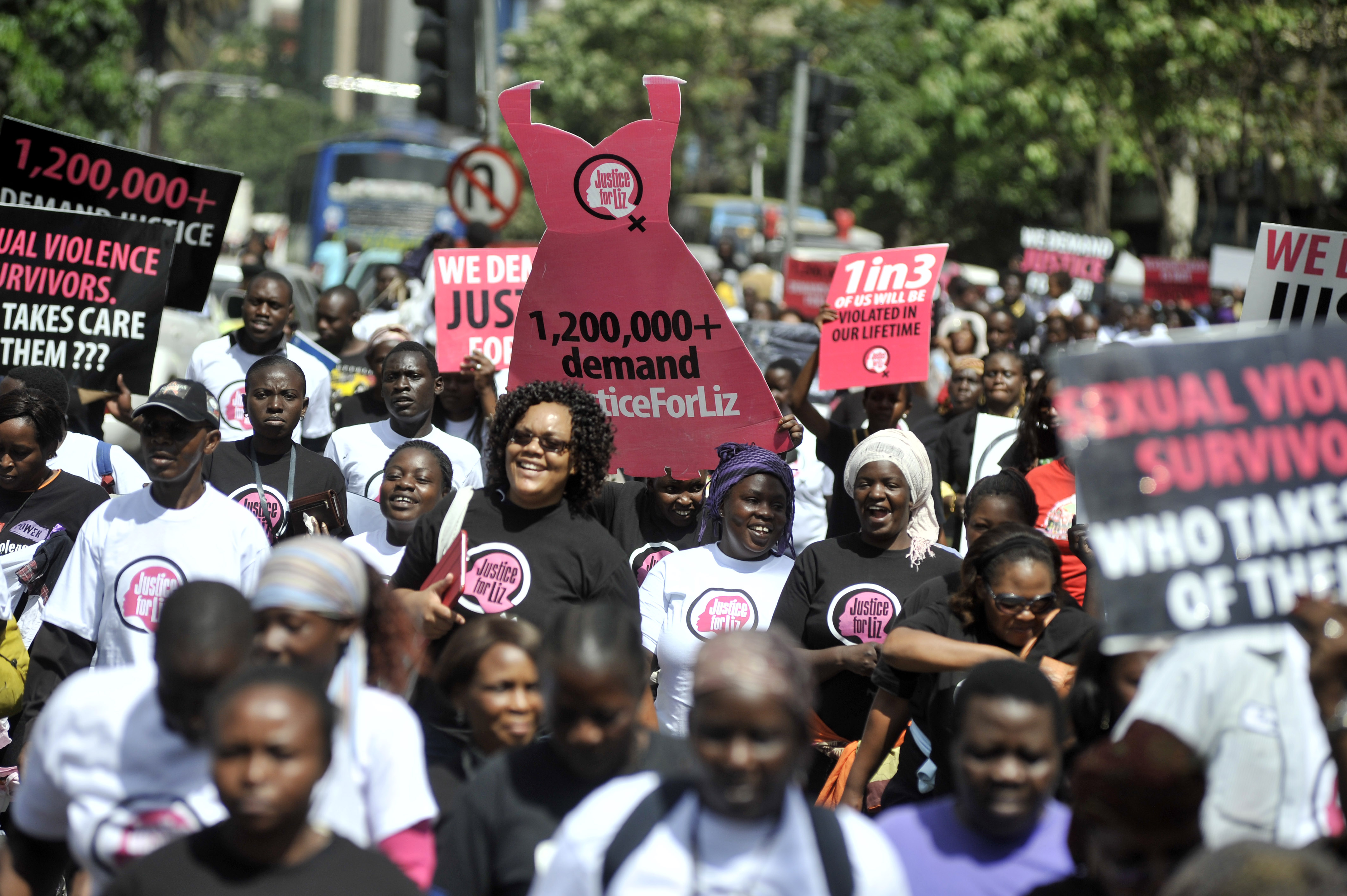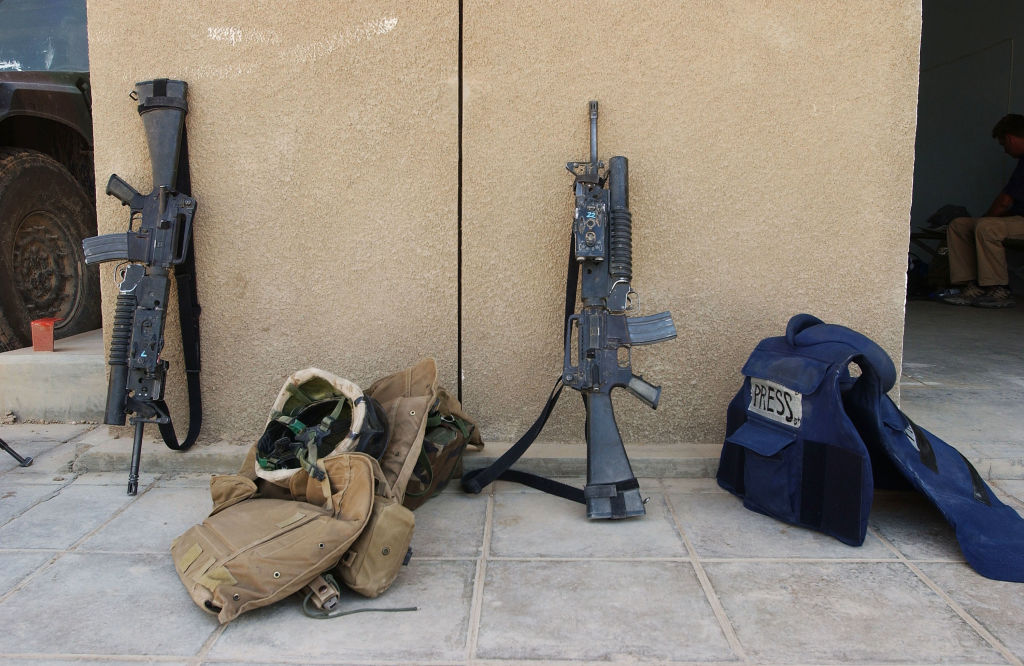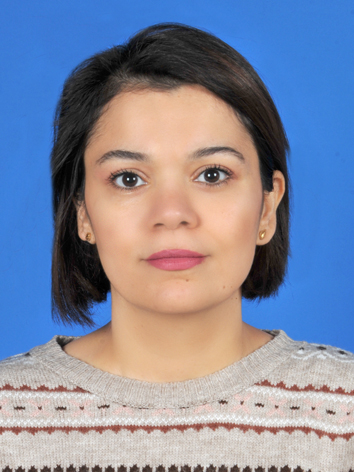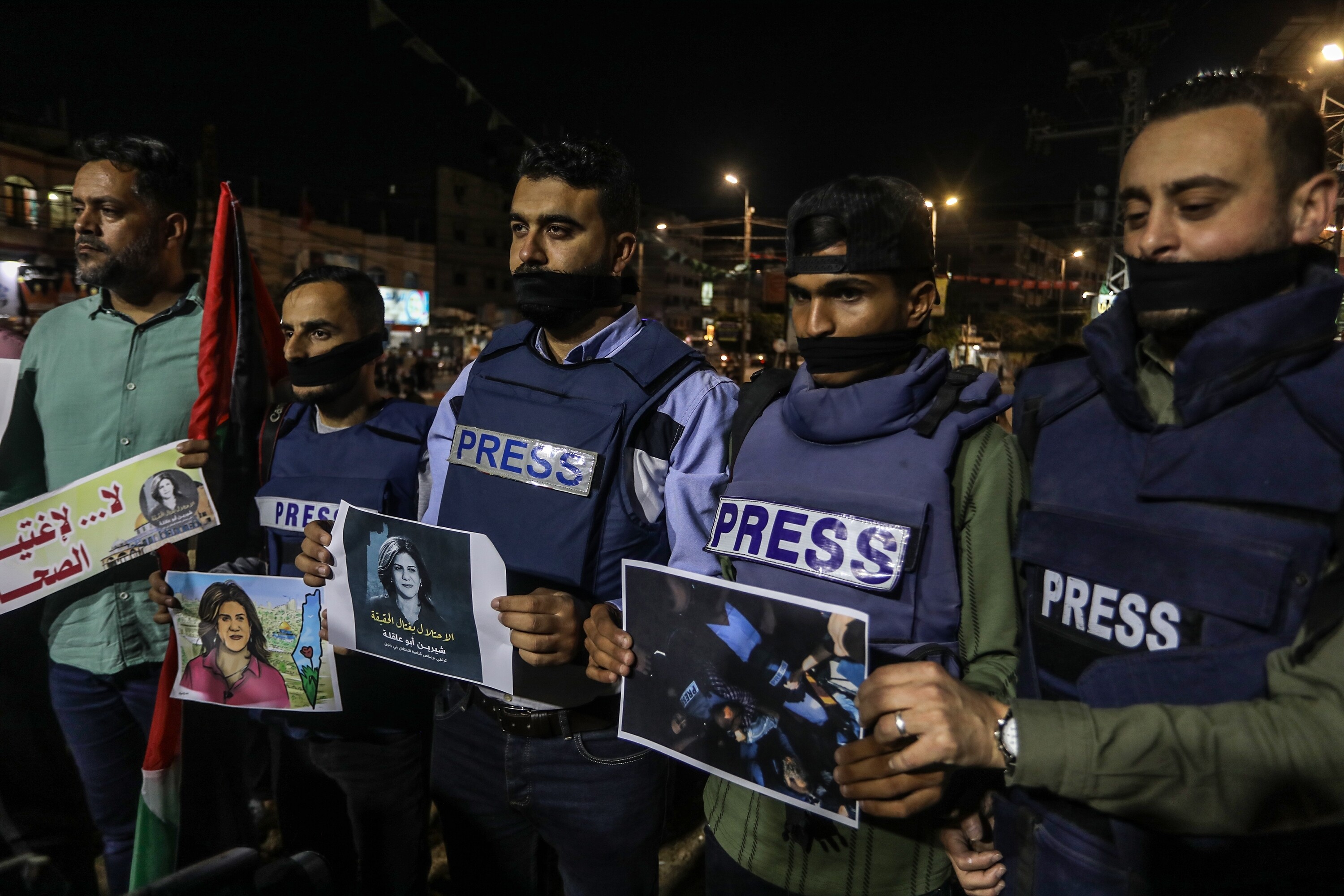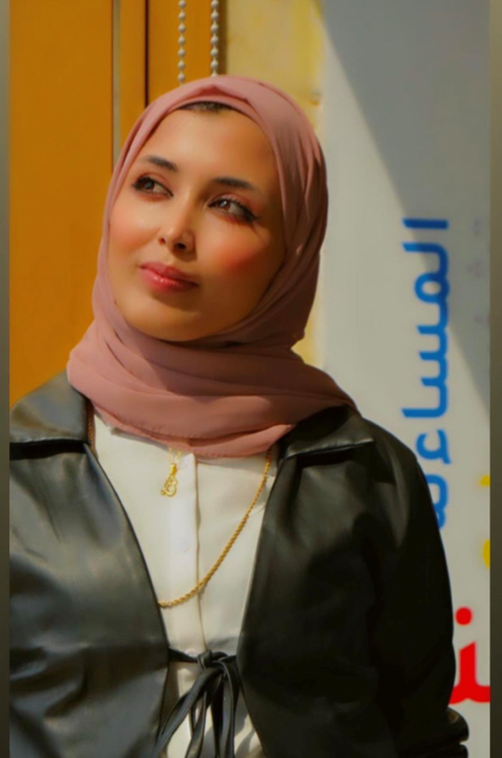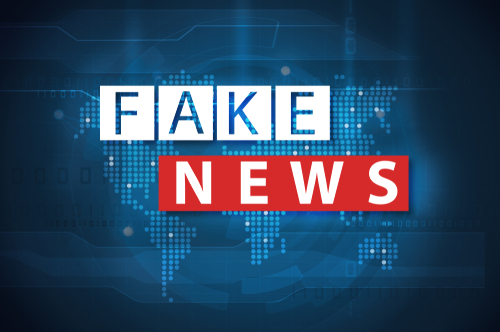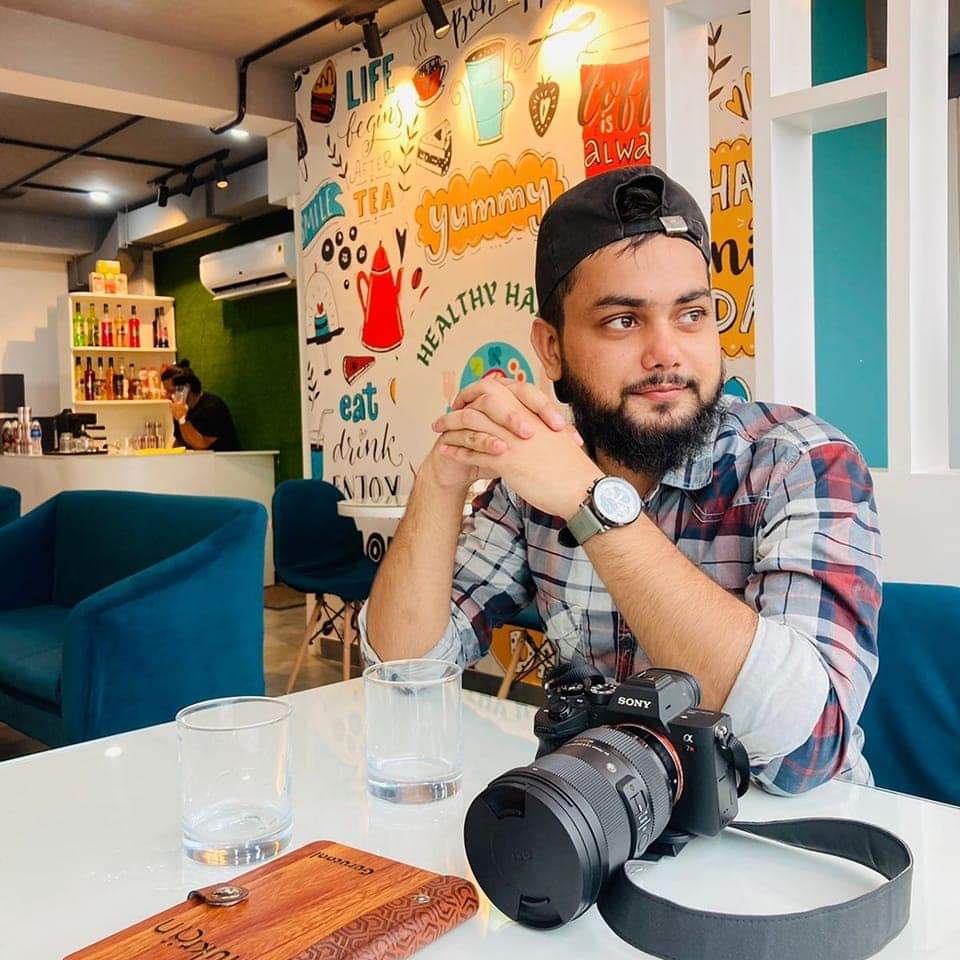منذ ثلاثة أشهر والعالم يرقب بالصوت والصورة الجرائم التي ارتكبها ويرتكبها الاحتلال في غزة؛ فلا أعداد الضحايا، ولا المعاناة التي يعيشها سكان القطاع، ولا مناشدات المؤسسات الدولية، ولا المظاهرات التي اجتاحت معظم مدن العالم، تمكنت من إقناع ساسة الدول باتخاذ إجراءات فعالة للضغط على إسرائيل وإجبارها على وقف إطلاق النار. وحتى القرار الذي اتخذته الجمعية العامة أجهضه فيتو الولايات المتحدة عندما حاول مجلس الأمن ترجمته إلى قرار مؤثر.
الفيتو الأميركي المتكرر ضد أي قرار يدين إسرائيل في مجلس الأمن أسهم في انهيار الثقة المتبقية في منظومة القانون الدولي بنظر الفلسطينيين ومناصريهم في العالم، لكن الدعوى التي تقدمت بها جنوب أفريقيا أمام محكمة العدل الدولية -والتي تتهم فيها إسرائيل بارتكاب جرائم إبادة جماعية- أعادت جزءا من الأمل بإجبار المجتمع الدولي على الإيفاء بالتزاماته وصدور قرار من المحكمة يلزم إسرائيل بوقف أعمالها العدائية تجاه الشعب الفلسطيني التي تشكل أركان جريمة الإبادة الجماعية -كما أوضحتها الدعوى المقدمة من جنوب أفريقيا ويشاركها الرأي عشرات فقهاء القانون الدولي والمتخصصين في قضايا الإبادة الجماعية- وما يترتب عليها بالتالي من إدانة لإسرائيل وإلزامها بدفع التعويضات.
هذا الإجراء القضائي هو الثاني الذي تتخذه جنوب أفريقيا بعد تحريكها شكوى أمام المحكمة الجنائية الدولية التي "تقاعس" مدعيها العام عن مباشرة التحقيق؛ فكان اللجوء لمحكمة العدل الدولية استنادا إلى أحكام اتفاقية منع جريمة الإبادة الجماعية والمعاقبة عليها لسنة 1948.
على المحكمة أن تبت بطلب جنوب أفريقيا اتخاذ تدابير حماية تحفظية؛ كإصدار أمر بوقف إطلاق النار، وإلزام إسرائيل بالحفاظ على الأدلة لحين صدور حكم نهائي في الدعوى. ويغدو أمر الحماية المؤقت هو الأبرز في هذه المرحلة.
ومحكمة العدل الدولية هي الجهاز القضائي للأمم المتحدة، ويتكون من 15 قاضيا يُنتخَب ثلثهم كل ثلاث سنوات من قبل الجمعية العامة ومجلس الأمن بتصويتين منفصلين. ويمكن لدولة طرف في النزاع تعيين قاض مخصص من قبلها في المحكمة إن لم يكن أحد قضاة المحكمة الحاليين يحمل جنسيتها، ولا تُحاكَم الدول أمام المحكمة إلا إذا قبلت هذا الاختصاص، وأحد أشكال قبول اختصاص المحكمة الانضمام إلى معاهدة يتوفر فيها شرط الاختصاص.
بناء على ذلك، يقوم الأساس القانوني لتحريك جنوب أفريقيا دعوى ضد إسرائيل على المادة التاسعة من اتفاقية منع جريمة الإبادة الجماعية والمعاقبة عليها، وتنص: "تُعرَض على محكمة العدل الدولية، بناء على طلب أي من الأطراف المتنازعة، النزاعات التي تنشأ بين الأطراف المتعاقدة بشأن تفسير أو تطبيق أو تنفيذ هذه الاتفاقية، بما في ذلك مسؤولية دولة ما عن إبادة جماعية أو عن أي من الأفعال الأخرى المذكورة في المادة الثالثة".
في الدعوى المنظورة أمام محكمة العدل الدولية التي ستعقد جلستي استماع علنيتين يومي الخميس والجمعة (11 و12 يناير/كانون الثاني)، وقبل نظر الدعوى وصدور قرار نهائي بها قد يمتد لأشهر أو سنوات، فإن على المحكمة النظر في الاعتراضات التي قد تقدمها الدولة المدعى عليها؛ كعدم اختصاص المحكمة في نظر الدعوى، أو عدم مقبولية طلب الدولة المدعية. وبهذا الخصوص من المتوقع أن تعلن المحكمة اختصاصها في النظر بالدعوى وحق جنوب أفريقيا برفعها رغم عدم تضررها وتأثرها بشكل مباشر، كما فعلت في عدة قضايا، منها الدعوى التي رفعتها غامبيا ضد ميانمار بتهمة ارتكاب جرائم إبادة جماعية بحق أقلية الروهينغا المسلمة خلافا لأحكام اتفاقية منع جريمة الإبادة الجماعية، وفي الدعوى التي رفعتها هولندا وكندا ضد سوريا لمخالفتها أحكام اتفاقية منع التعذيب.
تصبح علانية المحاكمة وتحديدا جلسات الاستماع وتغطية الإعلام لإجراءات المحاكمة وسيلة مهمة لا لتعريف الجمهور بما يجري فحسب، بل لأداء دور الرقابة والرصد الذي من شأنه أن يعزز حيادية المحكمة و/ أو يكشف انحيازها.
كما أن على المحكمة أن تبت بطلب جنوب أفريقيا اتخاذ تدابير حماية تحفظية؛ كإصدار أمر بوقف إطلاق النار، وإلزام إسرائيل بالحفاظ على الأدلة لحين صدور حكم نهائي في الدعوى. ويغدو أمر الحماية المؤقت هو الأبرز في هذه المرحلة، فهل ستأمر المحكمة -كما فعلت مرارا وفي القضايا التي أشير إليها سابقا- إسرائيل بوقف عملياتها العسكرية في غزة؟ أم ستقضي بأن وقف العمليات يخل بحق إسرائيل في الدفاع عن نفسها، وتخالف ما جاء في رأيها الاستشاري المتعلق بالجدار العازل الذي يقضي بأن إسرائيل بوصفها قوة احتلال لا تملك حق الدفاع عن النفس؟
وإن قررت إصدار أمر الحماية، فهل سيصدر بعد أسبوعين من جلسة الاستماع الشفوية كما جرى في القضية التي أقامتها أوكرانيا ضد روسيا، أم سيمتد لشهر بعد جلسة الاستماع كما جرى في القضية التي أقيمت ضد سوريا وضد ميانمار؟
وبعيدا عن كل القضايا المشار إليها سابقا، فإن القضية المقدمة من قبل جنوب أفريقيا قد تغدو الأكثر حساسية سياسيا، وقد يترتب عليها تداعيات لن تقف عند إسرائيل وحدها؛ فالدول التي كان بوسعها منع إسرائيل من ارتكاب جريمة الإبادة الجماعية ولم تفعل والدول التي قدمت الدعم المادي والعسكري تعد شريكة لإسرائيل في الجريمة، استنادا لأحكام المادة 3 من اتفاقية منع جريمة الإبادة الجماعية. وحتى إن لم تسجل دعاوى مباشرة ضدها، فإن مجرد صدور حكم يدين إسرائيل باقترافها جريمة إبادة جماعية من شأنه أن يسبب حرجا كبيرا لها.
لذلك، ورغم استقلالية قضاة المحكمة ووجوب تمتعهم بالنزاهة والحيادية، فإن من المتوقع أن تكون هناك ضغوطات كبيرة لمنع الدول من التدخل في الدعوى إلى جانب جنوب أفريقيا، ولعرقلة إصدار قرار بوقف إطلاق النار أو إدانة إسرائيل بالنتيجة. وعليه، تصبح علانية المحاكمة وتحديدا جلسات الاستماع وتغطية الإعلام لإجراءات المحاكمة وسيلة مهمة لا لتعريف الجمهور بما يجري فحسب، بل لأداء دور الرقابة والرصد الذي من شأنه أن يعزز حيادية المحكمة و/ أو يكشف انحيازها. ومن ثم، فإن التغطية المنشودة يجدر ألا تكتفي بمجرد نقل الأخبار التي توفرها المحكمة على موقعها الإلكتروني، وإنما يجب أن توفر تغطية أكثر عمقا وتحليلا.
بناء على ذلك، ثمة إرشادات عامة لما يجدر بالصحفي/ة علمه وعمله في سياق هذه القضية:
- الاطلاع على وثائق المحكمة؛ كالنظام الأساسي، ولائحة عمل المحكمة، والطلب الذي قُدم في الدعوى، ولاحقا كل الطلبات المقدمة والردود عليها والمرافعات والسوابق القضائية ذات الصلة بالدعوى.
- توضيح التعابير القانونية للجمهور، والفرق بين المحكمة الجنائية الدولية ومحكمة العدل الدولية.
- متابعة جلسات المحاكمة العلنية.
- التركيز في التغطية على المقارنة بين إجراءات التقاضي وقرارات المحكمة والسوابق القضائية.
- عرض الأسانيد القانونية المقدمة من كل الأطراف وتحليلها والتعليق عليها بالاستعانة بالخبراء القانونيين.
- مواصلة التغطية الصحفية إلى حين صدور حكم نهائي بالدعوى.
خلال الأيام القادمة، ستتجه الأنظار إلى محكمة العدل الدولية في انتظار قرار يأمر اسرائيل بوقف إطلاق النار، وفي حال امتنعت إسرائيل عن تنفيذه فسيكون قرار إلزامها بذلك لمجلس الأمن، وسيصبح الفيتو الأمريكي في مواجهة العدالة الدولية، وسيكون على المجتمع الدولي (إن ظل لهذا المصطلح معنى) اتخاذ إجراءات أخرى؛ كعدم قبول حضورها في الجمعية العامة، ومقاطعتها اقتصاديا، وفرض عقوبات عليها.
لابد من لاطلاع على وثائق المحكمة؛ كالنظام الأساسي، ولائحة عمل المحكمة، والطلب الذي قُدم في الدعوى، ولاحقا كل الطلبات المقدمة والردود عليها والمرافعات والسوابق القضائية ذات الصلة بالدعوى.
كما كان للإعلام دور مهم في كشف الجرائم المرتكبة من قبل إسرائيل وتوثيقها، ينبغي أن يستمر هذا الدور ويمتد ليحاسب مرتكبيها وينصف الضحايا، بمن فيهم أكثر من 100 صحفي وصحفية قتلوا على يد جيش الاحتلال الإسرائيلي منذ السابع من أكتوبر.
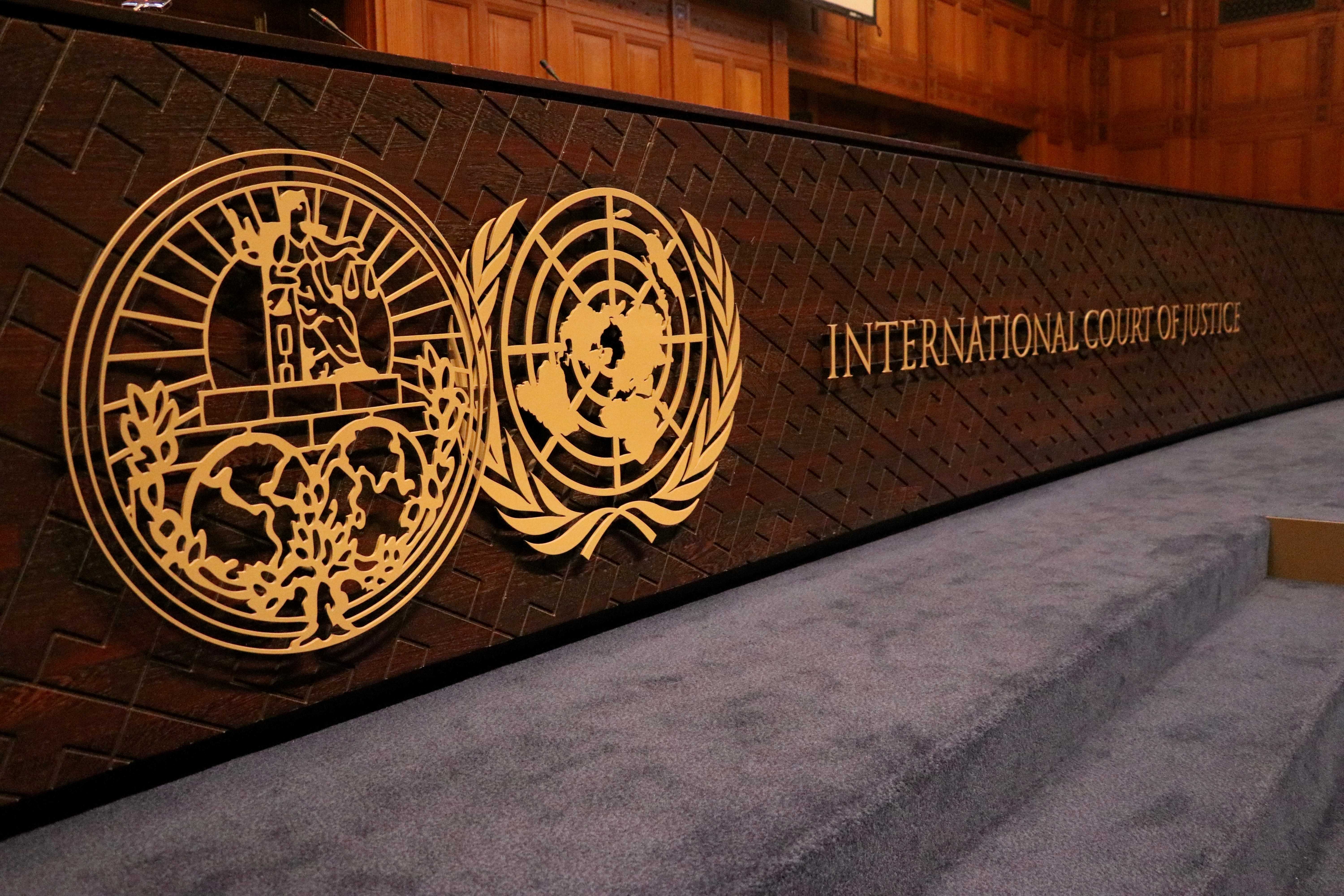


























![A demonstration against Israel's war on Gaza on Paulista Avenue in São Paulo on November 4, 2023, draws attention to the deaths of children while the media focuses on the war against terrorists. [Photo: Lina Bakr]](/sites/default/files/ajr/2024/Picture1.png)

